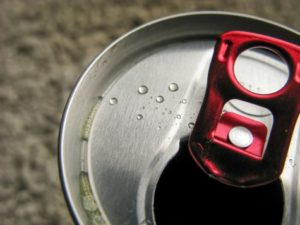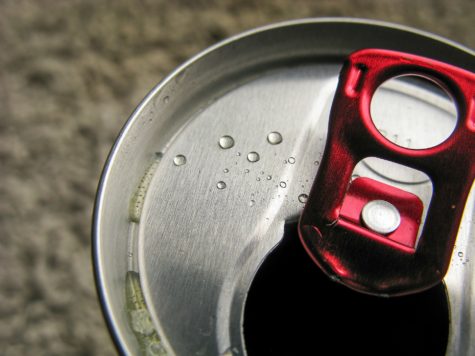COLLEGE PARK, Md. — Red Bull may give you wings, but it’s also more likely to make you a junkie, a new study finds.
Researchers at the University of Maryland looked at 1,099 college students, some of whom frequently consumed energy drinks and some of whom refrained, for a study on the link between the highly-caffeinated beverages and various health and risk-taking markers.

Over the five-year period examined, the researchers observed that students who heavily consumed energy drinks at age 21 were at greater risk of abusing alcohol, cocaine, and non-prescribed stimulants by age 25.
“The results suggest that energy drink users might be at heightened risk for other substance use, particularly stimulants,” says lead researcher Dr. Amelia Arria in a news release. “Because of the longitudinal design of this study, and the fact that we were able to take into account other factors that would be related to risk for substance use, this study provides evidence of a specific contribution of energy drink consumption to subsequent substance use.”
While previous research has shown that energy drink consumption is linked to illicit substance use, its effects were mostly found in the near-term, with no examination of longer-term consequences.
Of the study’s participants, 51.4 percent were identified as having a “persistent trajectory,” meaning their energy drink usage didn’t dissipate over time.
These individuals were most likely to experience the aforementioned negative effects of energy drink dependence, even after controlling for other variables, including demographic factors, prior substance use, and unrelated caffeine consumption.
The 17.4 percent of individuals who fell into the “intermediate trajectory” group also had an increased risk of substance use by age 25, while those whose consumption was nil or tailed off over time saw no adverse effects.
Although the researchers were unable to pinpoint a reason for the link between energy drink consumption and stimulant use, they have begun advocacy measures to limit the consumption rate of highly-caffeinated beverages, particularly among youth.
Proven health risks associated with energy drink consumption include worsened cardiovascular health and early death, Arria notes.
Oddly enough, unlike sugary beverages, energy drinks aren’t regulated by the FDA.
Arria suggests that future research could look at even younger individuals, such as adolescents, “because we know that they too are regularly consuming energy drinks.”
The study’s findings were published online last week in the journal Drug and Alcohol Dependence.

This study is absolutely laughable, Redbull is a world famous high quality energy drink, not a single person has ever posted “redbull gives you a crack habit”
They did however remove the wings tagline when one idiot complained they didnt actually get wings – go figure.
But no redbull which is enjoyed by myself and millions of others has never once made me even think about cocaine. I did think about wings too, but hey, its good to dream. So i laugh at this study, its ridiculous, I am not going to do drugs or start drinking just because i like a treat of redbull now and then.